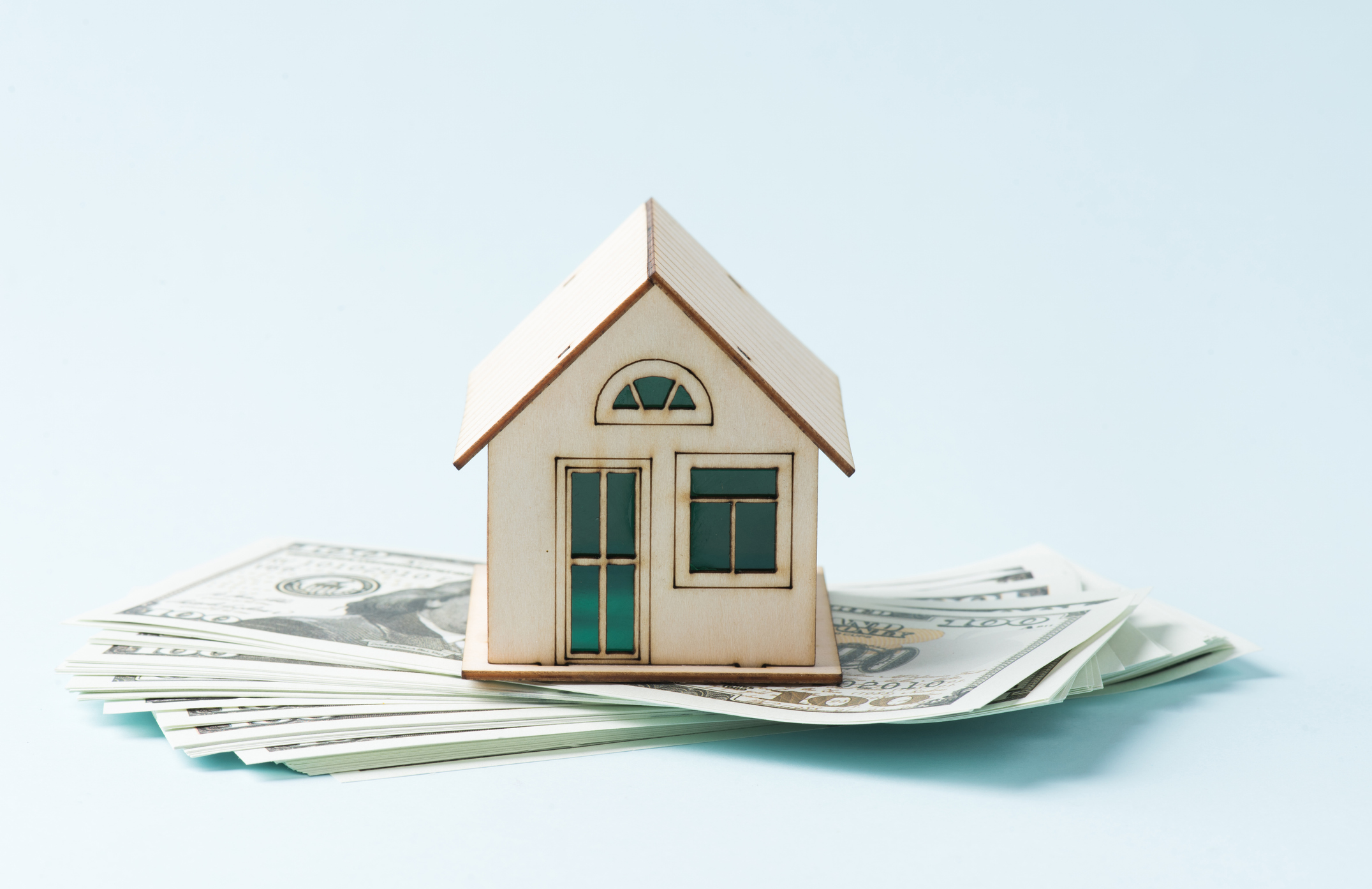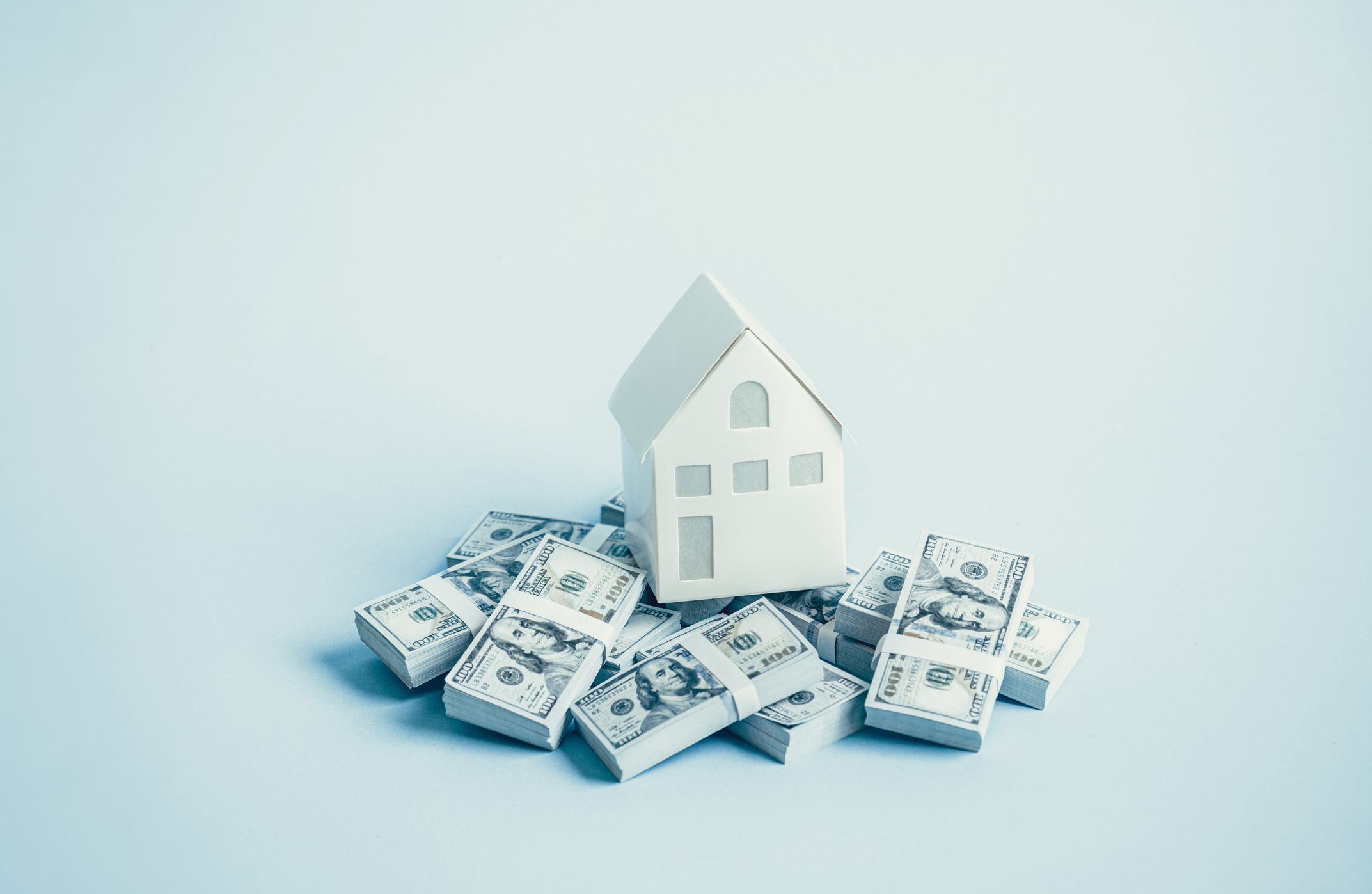
A rise in home values has led to an increase in the number of homeowners unexpectedly facing capital gains taxes when selling their properties. Despite a generous capital gains tax home exclusion of up to $500,000, more homeowners are discovering that the profits from the sale of their homes surpass the tax-free limit.
Data reveal that last year, approximately 8% of home sales resulted in gains that exceeded the home exclusion threshold. That is more than double the percentage five years ago, according to a report from CoreLogic, a company that provides consumer information and analytics.
Although capital gains tax impacts a growing number of homeowners throughout the U.S., it’s particularly noticeable in states with high property values. It’s also affecting long-term homeowners who have seen significant appreciation in their property values.
So, what can you do about capital gains taxes if your home value has increased? Read on.
Capital gains tax impacts more homeowners
The capital-gains tax on home sales applies to the profits from selling a property. Homeowners can exclude up to $250,000 of net gains if filing single and up to $500,000 if married filing jointly. Profits beyond these limits are subject to capital-gains tax, at rates that can be as high as 20%, with an additional surtax for some high earners.
To qualify for the capital gains tax home exclusion, the homeowner must have lived in the home as their primary residence for at least two of the five years preceding the sale. But keep in mind: the IRS allows you one primary residence at a time, and you can only claim this exclusion once every two years. For more information on the rules for this tax break, see Kiplinger’s report: The Capital Gains Tax Exclusion for Homeowners.
So, what’s happening? One issue is that the exclusion limit isn't adjusted for inflation. That means the value of the tax relief provided by the home sale exclusion for capital gains tax has eroded over time.
- As a result, states with high property values, like California, New York, New Jersey, Massachusetts, Florida, and Colorado, are significantly impacted.
- Homeowners in these areas are generally more likely to experience significant gains that surpass the exemption limit.
Avoid paying capital gains tax

Several studies find that the prospect of a large tax bill can discourage homeowners from selling, even if they are looking to downsize or move to a more affordable area. However, there are some strategies to help mitigate potential tax impact.
Documenting expenses for home improvements and renovations can reduce taxable gains. These costs can be added to the home's original purchase price, reducing the net profit subject to tax.
Consider a fictional married couple who purchased their home for $300,000 seven years ago and decided to sell in 2024 for $850,000. Without any improvements, their capital gain would be $550,000, which exceeds the $500,000 exclusion for married couples filing jointly.
However, over the years, imagine they made the following significant improvements totaling $75,000:
- Kitchen renovation: $30,000
- Bathroom remodel: $20,000
- New roof: $15,000
- Adding a deck: $10,000
Their adjusted basis is now $375,000 ($300,000 purchase price + $75,000 in improvements). The improvements reduce their capital gain to $475,000 ($850,000 sale price — $375,000 adjusted basis).
By documenting home improvements (based on this example), the couple, filing jointly, can generally reduce capital gain from $550,000 to $475,000, bringing it under the $500,000 exclusion limit. As a result, they avoid paying capital gains tax on their home sale, potentially saving thousands of dollars.
Other moves to consider:
Keeping track of selling expenses. (Real estate agent commissions, legal fees, and other home selling costs can be subtracted from your capital gains.)
Taking advantage of exceptions. There may be partial exclusions available if you are selling due to work relocation, health reasons, other unforeseen circumstances, or other rules applicable to U.S. Military service members, or a home sale due to separation, divorce, or death of a spouse.
Capital gains tax on home sales: Bottom line
Despite potential tax implications, some homeowners may need to sell their homes for various reasons, such as high maintenance costs and rising property taxes. Others may decide that the benefits of liquidating a high-value asset outweigh potential financial downsides, like capital gains taxes.
However, with careful financial planning and documentation, the impact of these taxes might be manageable. Consult a trusted and qualified advisor who can help.







